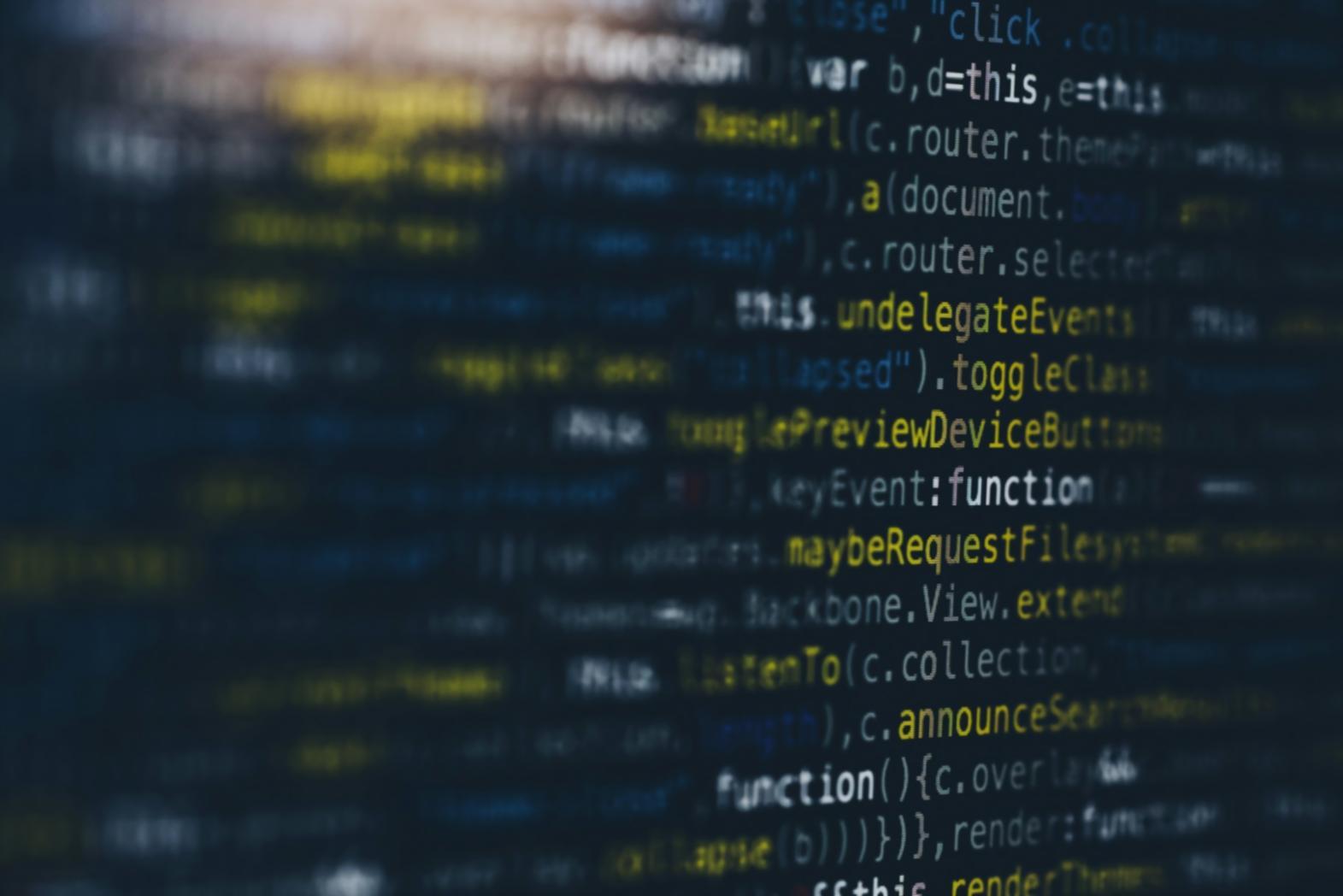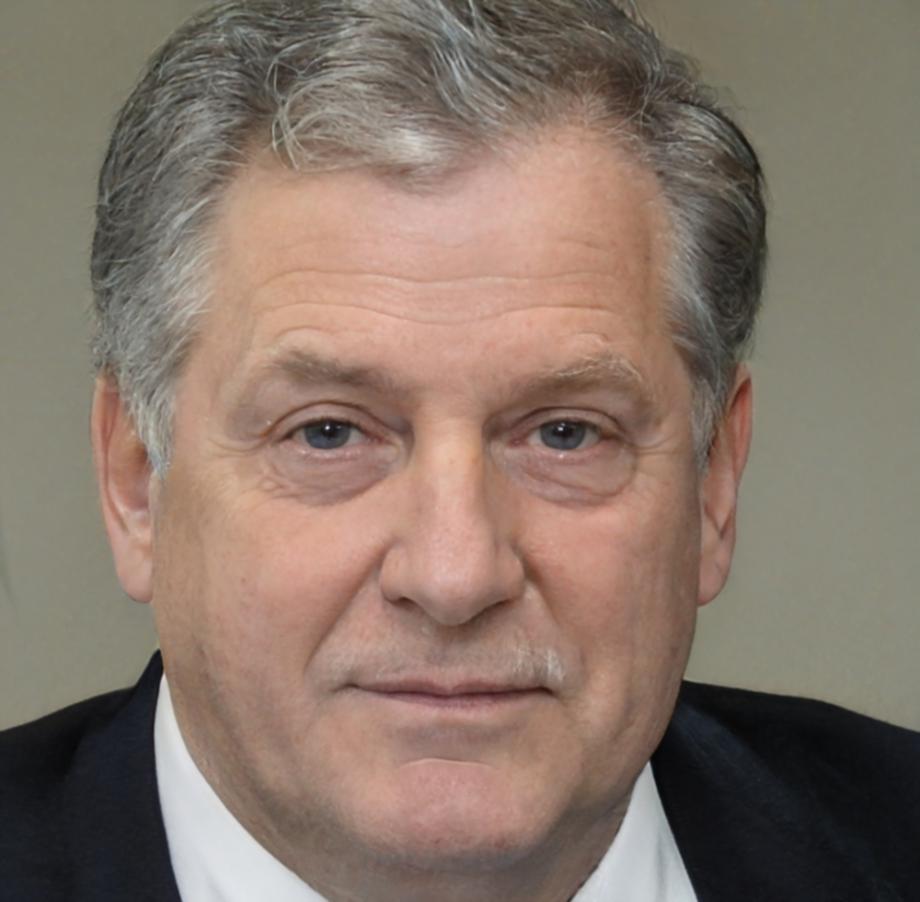Game Development That Actually Works
We build mobile games that people want to play. Not because we follow trends, but because we understand what makes gameplay satisfying. From initial concept through launch, we handle the technical complexity so you can focus on what matters.
Start Your ProjectCross-Platform Development Done Right
Most studios treat cross-platform as an afterthought. We don't. Your game needs to feel native on iOS and Android, and that requires understanding each platform's quirks from day one.
We've spent years figuring out how to make games perform consistently across devices. The optimization work isn't glamorous, but it's what separates games that succeed from ones that get deleted after five minutes.
- Native performance optimization for different hardware specifications
- Touch controls that respond the way players expect them to
- Memory management that prevents crashes on older devices
- Testing protocols across actual device families, not just emulators

How We Build Games
There's no magic formula here. Just a structured process we've refined over dozens of projects.
Mechanics First
Before anything looks pretty, we prototype core gameplay. If the fundamental loop isn't compelling in grayscale, polish won't save it. We iterate fast here because changing mechanics later costs weeks.
Performance Testing
We test on real devices weekly. Not the latest flagships either. Mid-range Android phones from 2023, older iPhones still in circulation. If it runs smoothly there, you're reaching your actual audience.
Engagement Loops
Player retention comes down to giving people reasons to return. We design progression systems that feel rewarding without being manipulative. Daily goals, unlockables, skill mastery paths.
Technical Architecture
Your game needs room to grow. We build systems that can handle new content without requiring rewrites. Modular design, clean data structures, documentation that future developers won't curse you for.
Beta Cycles
Closed beta starts around month four for most projects. We collect actual usage data, watch session recordings, fix the issues players care about. Not everything we think matters actually does.
Launch Support
Going live isn't the finish line. We stick around for the first month to handle unexpected issues, monitor performance metrics, and push updates quickly when needed. Real-world traffic reveals things testing can't.
People Who Build The Games
Small team, but everyone here has shipped multiple titles. We don't outsource core development because quality suffers when communication gets complicated. These are the folks you'll actually work with.

Henrik Vasquez
Lead Developer
Started coding games in university, never stopped. Specializes in physics engines and making touch controls not feel terrible. Runs our technical architecture decisions.

Isla Thornton
Gameplay Designer
Former psychology major who pivoted into game design. Obsessed with player motivation systems and why people keep playing or quit. Designs our progression mechanics.

Brynn Caldwell
QA Lead
Finds bugs we swear shouldn't exist. Maintains our device testing lab and coordinates beta programs. If something can break, she's already documented how.